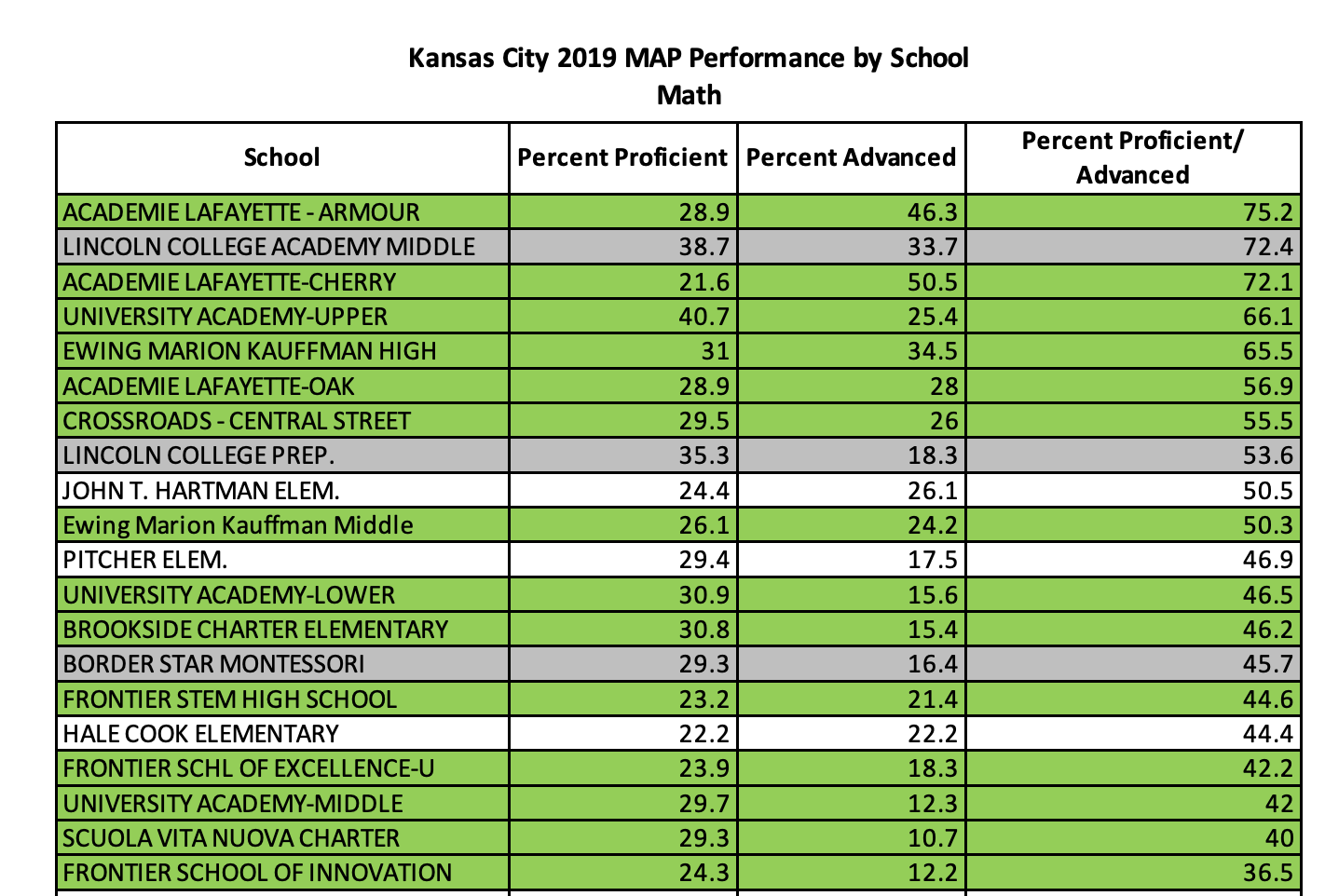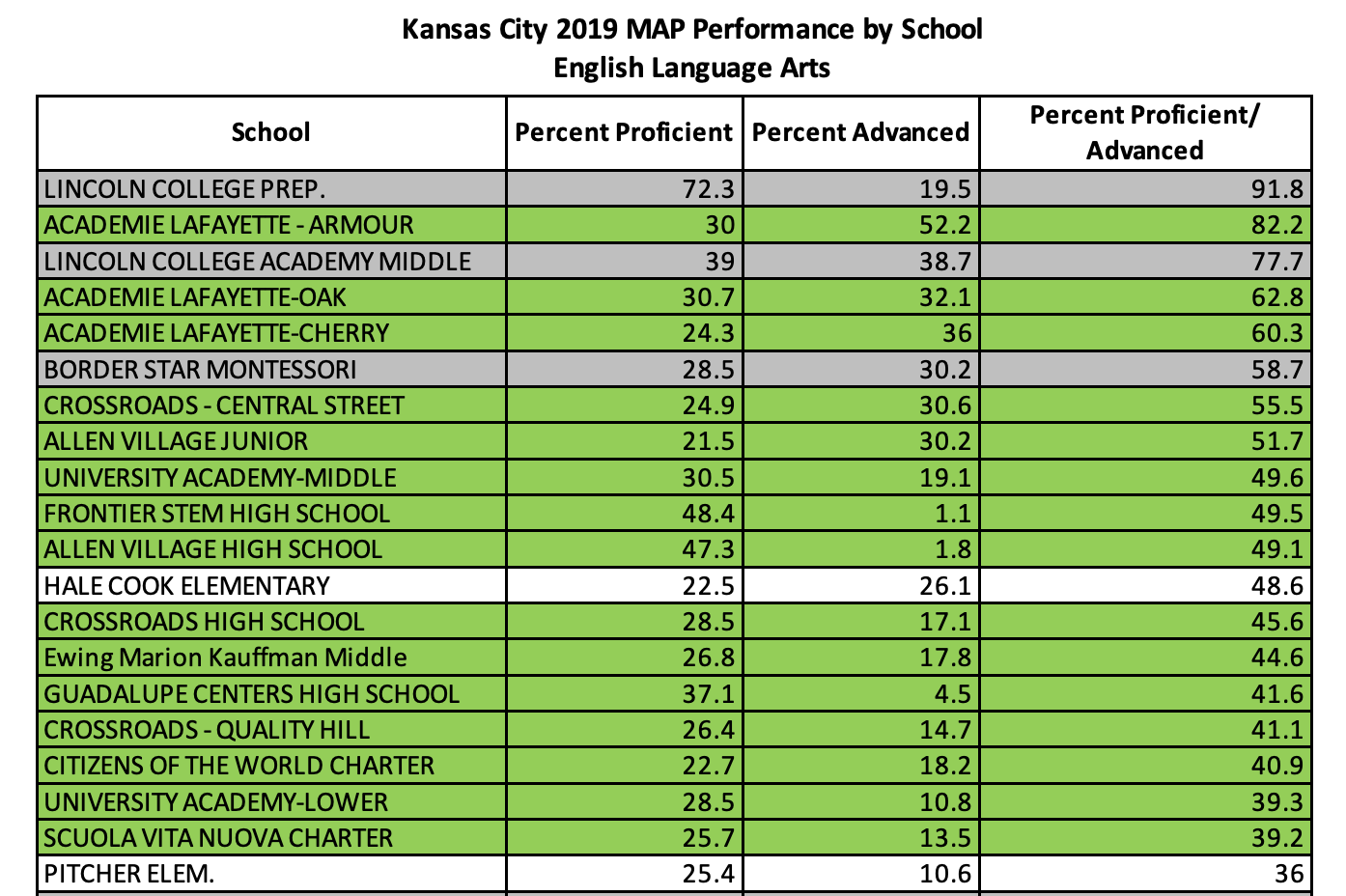School choice opponents fact-checked by Missouri senator
After hearing heart-wrenching stories from parents from across Missouri asking for better educational options for Missouri students, opponents of school choice tried to make their case to the Senate Education Committee this week.
Their arguments were quickly shut down by Senator Andrew Koenig.
Cape Girardeau School Board Member Casey Cook testified on behalf of the Missouri School Board Association, making false claims that there are for-profit charter schools in Missouri and trying to create the impression that charter schools have poorer academic performance than traditional district schools.
When pressed by Sen. Koenig, Cook admitted that he could not name a single for-profit charter school, noting that he would have to ask the MSBA lobbyist for that information.
“You can’t because there are no for-profit charter schools in the state,” said Sen. Koenig. “So that is false.”
Sen. Koenig also pointed out that Cook was trying to compare charter school performance to statewide school performance and not to the performance of schools in St. Louis City and Kansas City, which are the only two places where charter schools can currently operate.
“You are comparing apples to oranges when you want to compare apples to apples,” said Sen. Koenig. “You will find that the charter schools outperform the schools in the district they reside in.”
In fact, in 2019, the last year with statewide testing data, 12 of the top 20 St. Louis schools in math were charter schools, 13 of the top 20 St. Louis schools in ELA were charter schools, 14 of the top 20 Kansas City schools in math were charter schools, and 15 of the top 20 Kansas City schools in ELA were charter schools. Those numbers increase dramatically when magnet schools are removed.
When asked about district schools that do not have a single student proficient in Math or ELA, Cook said that those schools “certainly should be” held accountable.
“How do you make them accountable?” asked Sen. Koenig. “Right now those parents have no other options.”
“From a school board position, my responsibility is to hold the public school superintendent accountable for the performance of his staff,” said Cook. “If I am put in that position then we are going to be having those hard conversations with the superintendent.”
Cook did not say if he had had those conversations in Cape Girardeau where many schools struggle to exceed 30 percent proficiency in math or ELA. In the district’s only high school only 33.9 percent of students were proficient in math, at the middle school level only 34.7 percent of students were proficient in math.
Three elementary schools also had dismal student performance, with scores that fell below those of many charter schools in Kansas City and St. Louis. At Clippard Elementary School, only 31 percent of students were proficient in ELA and only 28.9 percent were proficient in math. At Franklin Elementary School 34.9 percent of students were proficient in ELA and only 20.5 percent were proficient in math. Jefferson Elementary School had the worst performance in the district with only 27.7 percent proficient in ELA and 24.5 percent proficient in math.
“If you have hundreds of kids who are not proficient in English and math that school is not accountable,” said Sen. Koenig. “So to provide some accountability we provide those parents with other options. Wouldn’t that provide some accountability?”
“Certainly,” agreed Cook, unwittingly proving why the proposed charter school expansion would be a good thing for families in the Cape Girardeau area.
Mike Wood, a lobbyist for the Missouri State Teacher’s Association had an even harder time defending his arguments, admitting to the committee during a heated argument with Sen. Koenig that public schools do not provide every student with the tools they need to succeed.
“I whole-heartedly agree with you on that issue,” said Wood. “They are not 100 percent accurate on meeting the needs of every child.”
“I am admitting that public schools are not 100 percent there,” Wood added later in the debate. When asked about schools where 100 percent of the students are not proficient, Wood said, “I think there is an academic failure in those schools.”
He implied that that could be a good thing because it showed where the system needed to focus its efforts to improve performance.
“This has been going on for decades,” replied Sen. Koenig. “Nothing has been done. You have not come up with one option to provide another option for these parents. Nothing changes.”
“I can’t deny the fact that in certain areas that has taken place,” replied Wood.
“So what would hurt if we gave these parents some other options?” asked Sen. Koenig. “What would the harm be?”
This is not the first time that establishment lobbyists against school choice have admitted harsh realities about Missouri’s public school system under questioning in Jefferson City.
Last year a Jefferson City School Board member claimed he had no failing schools in his district, despite having one of the worst-performing 5 percent of Title I schools in the state. In the same hearing, Scott Kimble, a lobbyist for the School Administrators Coalition, tried to blame students, parents, and teachers for poor test scores at schools instead of recognizing that those schools were not living up to their responsibility to the community. Kimble also falsely claimed that Missouri has one of the most rigorous testing systems in the country despite the fact that Department of Elementary and Secondary Education staff have given presentations explaining that Missouri actually has one of the least rigorous testing programs in the country.
« Previous Post: Parents demand options in first education hearing of the session
» Next Post: Private school choice 101



